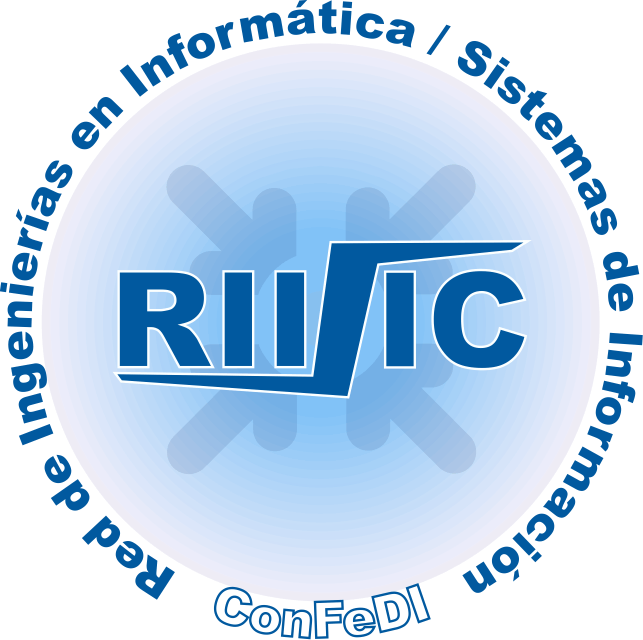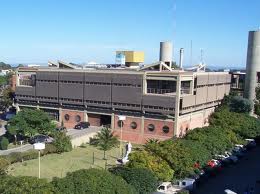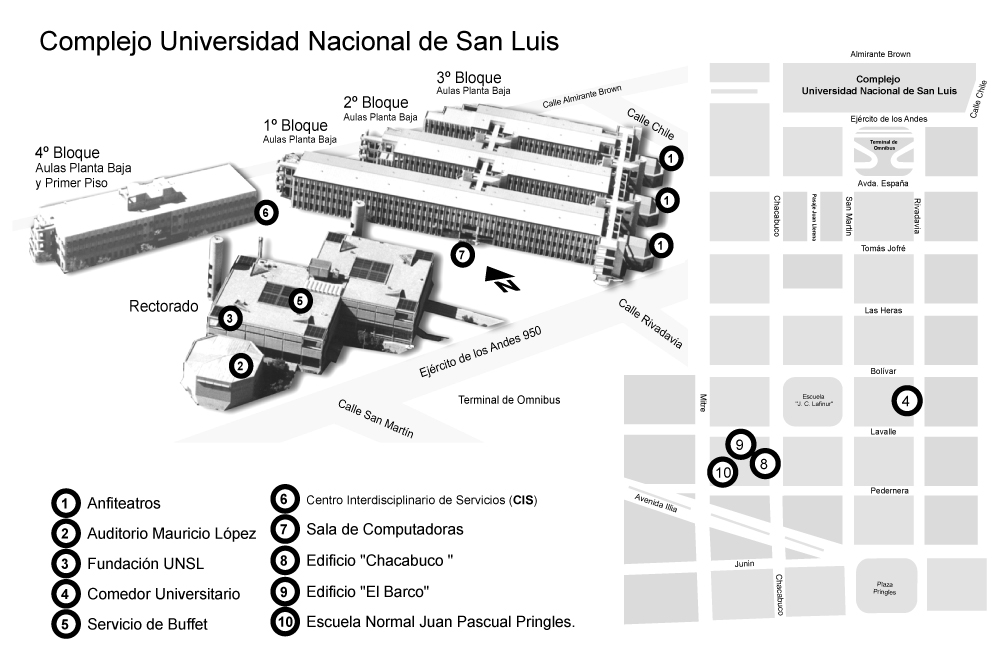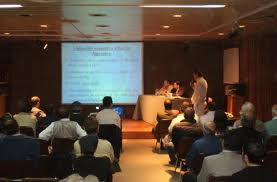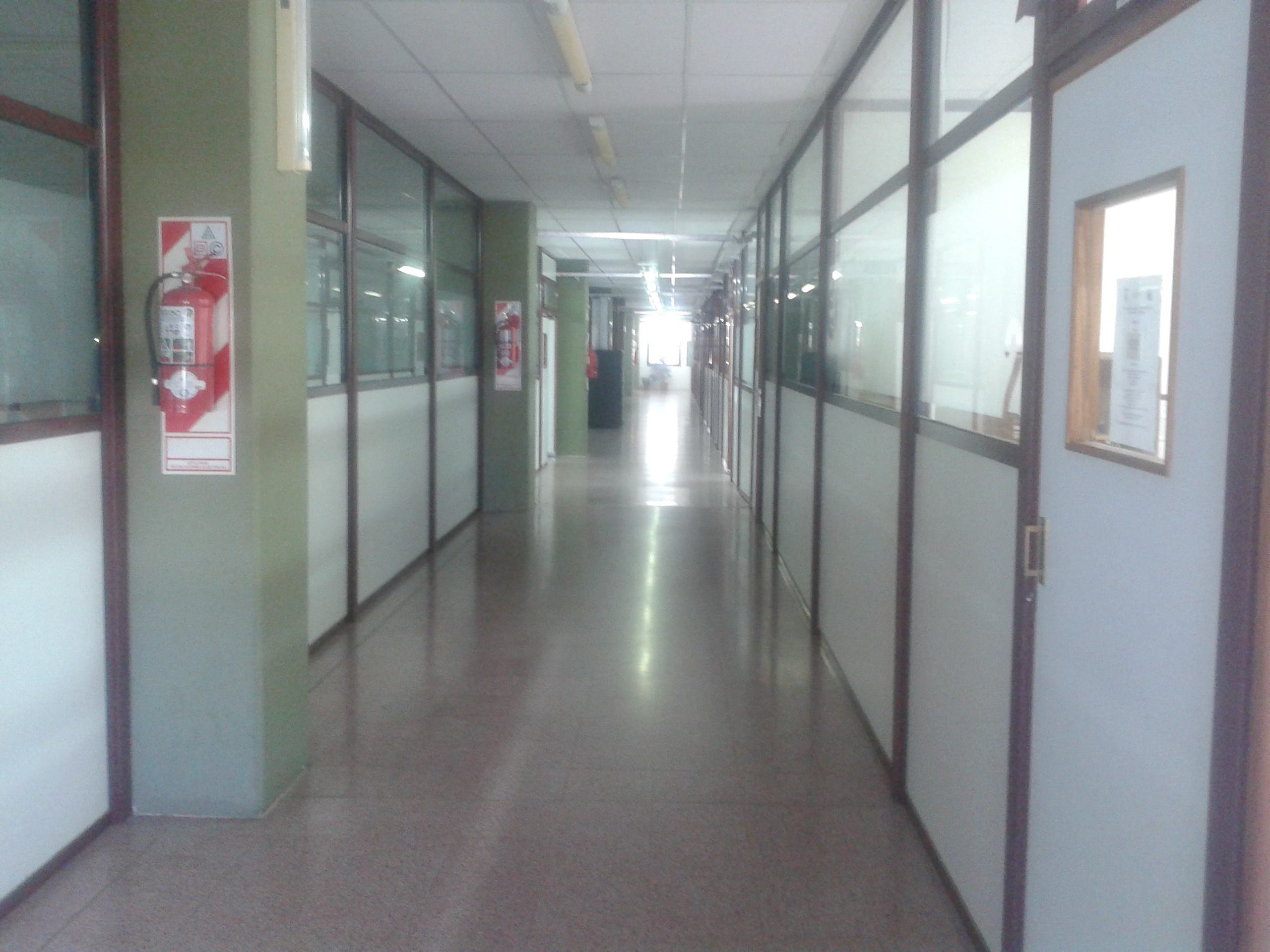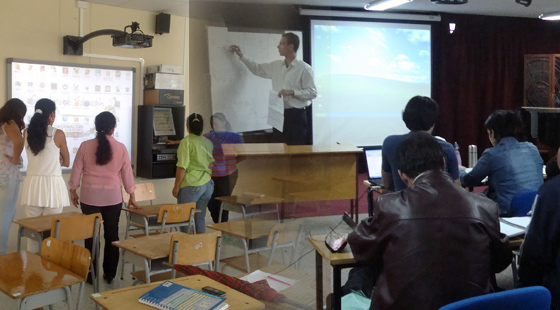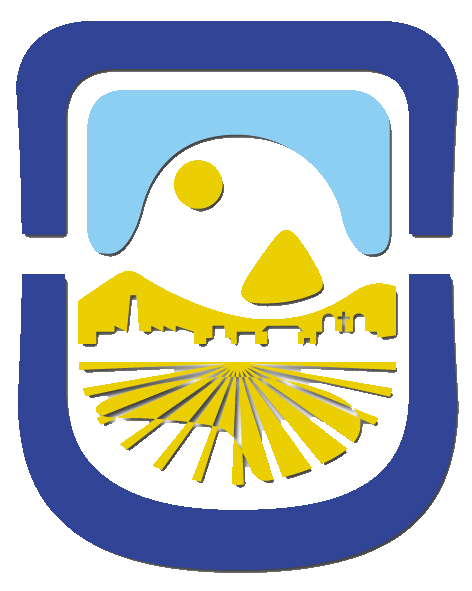 Volver a Otras Conferencias
Volver a Otras Conferencias
CoNaIISI 2014 - Programa
| Jueves 13 de noviembre: | 8:30 hs. a 17:00 hs. Acreditación. |
|---|---|
| 19:00 hs. Acto de Apertura CoNaIISI 2014. | |
| Viernes 14 de noviembre: | 8:30 hs. a 17:00 hs. Acreditación. |
| Descargue el programa completo desde: | Descargar Programa CoNaIISI 2014 |
| Exposiciones Mejores trabajo Alumnos: | Descargar Horarios de Exposición de los Trabajos Estudiantiles Seleccionados |
Disertantes Invitados
Software Development Research – Current and Future
Narayan C. Debnath, Ph. D, D. Sc.
Professor and Chairman Department of Computer Science
Winona State University -
Winona, MN 55987, USA
ndebnath@winona.edu
Director and Past-President
International Society for Computers and Their Applications (ISCA)
Minnesota, USA
http://www.isca-hq.org
Horario
15:00 hs. a 16:00 hs.
Abstract
This keynote presentation provides a brief overview of software development research and outlines potential future research directions and challenges. Such an overview may help encourage young scholars and professionals, interested in their personal and professional growth in various topics including computer science and engineering, software engineering and developments, multimedia computing and systems, software and business managements, information technology and engineering, information and management science, and discrete mathematics and structures, to enhance possible collaborations among the scholars, professionals, and practitioners across the globe.
Computer software typically follows the lifecycle that begins with a requirements specification and analysis, followed by a design phase, followed by an implementation phase, and is ultimately validated for acceptance. Finally, the software enters a maintenance phase, where problems with the delivered product are corrected and further enhancements to the product are made. The primary focus of the presentation includes a brief outline of the current progress on each of the phases along with possible future research ideas and initiatives.
During the specification phase, we develop a careful specification for the problem to be solved. This includes specifications for the required inputs, outputs, and desired tasks. During the design phase, we decide how to perform these tasks and develop algorithms to perform the desired processing, and this is considered the most difficult phase. In the implementation phase, a programmer is given a complete specification of all inputs, all outputs, and all required algorithms/design. In coding, the programmer is expected to follow the detailed design and transform it into a program using a particular programming language.
The goal of validation is to establish confidence that the software should perform as intended. Software testing is considered as the most common, widely accepted and practiced method of validating computer software. During the testing phase, each module is tested using a wide range of data and finally we test the whole system with all modules combined. Software testing, a practical engineering activity, is essential for producing high-quality software and to perform quality assessment. Software Testing has been extensively studied in the literature. Researchers have been trying to come up with efficient testing theory, tools and techniques. Unfortunately, we are making very little progress and still much more work needs to be done in this area.
The maintenance phase involves additional testing to verify correctness as well as further enhancement of the system functionalities. In software maintenance research, attention has been directed toward reducing software cost. To this end, researchers have attempted to find relationships between the characteristics of programs and the difficulty of performing tasks. The objective has been to develop abstract models and measures of software complexity that can be used for cost projection, manpower allocation, and program and programmer evaluation. In the software models and metrics literature, a number of abstract models, essentially directed graph representations, of imperative language software have been proposed and analyzed to derive useful properties that may help understanding computer programs and thus allow better maintainability of software. In this presentation, a family of abstract models for representing imperative language software is described. The basic concepts, definitions, and some applications of these graph models are presented. These graphs may have wide range of applications in software engineering and technology. These graphs may serve as potential tools for (a) the study interconnection or integration complexity, an area that needs serious attention, (b) the study of compiler optimization, a topic to help compiler design and code optimization, (c) the study and analysis of concurrent programs, an area that may be useful to study the characteristics of concurrent programs, (d) the study and research in expression and statement complexity, an important topic in metrics research and may help to estimate program clarity, and (e) the study of the characteristics of software involving recursion, an area that needs to be addressed to compute the complexity of recursive programs. Once these models are defined with a sound theoretical basis and accurately validated, the entire family of graphs may serve as potential tools for further study and research in mathematics, computer science, software engineering and technology.
Evidently, a long road lies ahead towards the software development research progress and dealing with the current challenges. Therefore, a serious attention to all phases of software life cycle and careful execution of research activities in all directions may help widen the road to future research and quality software development.
Short Biography:
Dr. Narayan C. Debnath has been a Full Professor of Computer Science since 1989 and currently the Chairman of Computer Science at Winona State University, Minnesota, USA. He is also serving as the Director and Past-President of the International Society for Computers and Their Applications (ISCA). Dr. Debnath is a recipient of a Doctorate degree in Computer Science and a Doctorate degree in Applied Physics (Electrical Engineering). In the past, he served as the President, Vice President, and Conference Coordinator of the International Society for Computers and Their Applications (ISCA), and has been a member of the ISCA Board of Directors since 2001. He served as the Acting Chairman of the Department of Computer Science at Winona State University and received numerous Honors and Awards. During 1986-1989, Dr. Debnath was a faculty of Computer Science at the University of Wisconsin-River Falls, USA, where he was nominated for the National Science Foundation Presidential Young Investigator Award in 1989.
Dr. Debnath has made original research contributions in software engineering and development, software testing and quality assurance, software models, metrics and tools, and information science, technology and management. He is an author or co-author of over 300 publications in numerous refereed journals and conference proceedings in Computer Science, Information Science, Information Technology, System Sciences, Mathematics, and Electrical Engineering.
Professor Debnath has made numerous teaching and research presentations at various national and international conferences, industries, and teaching and research institutions in Asia, Australia, Europe, North America, and South America. He has been serving as an international teaching and research advisor/coordinator of the Master of Software Engineering Program at the National Universities in Argentina, South America, since 2000. He has offered courses and workshops on Software Engineering and Software Testing at the universities in South America, Asia, and Middle East.
Dr. Debnath served as the General Chair, Program Chair, invited Keynote Speaker, Tutorial Chair, and technical Track or Session Organizer and Chair of the international conferences sponsored by various professional societies including the IEEE, IEEE Computer Society, the Society of Industrial and Applied Mathematics (SIAM), International Association of Computer and Information Science (ACIS), International Association for Science and Technology in Education (IASTED), Arab Computer Society, and the International Society for Computers and Their Applications (ISCA). Dr. Debnath is a member of the ACM, IEEE Computer Society, Arab Computer Society, and a senior member of the ISCA.

